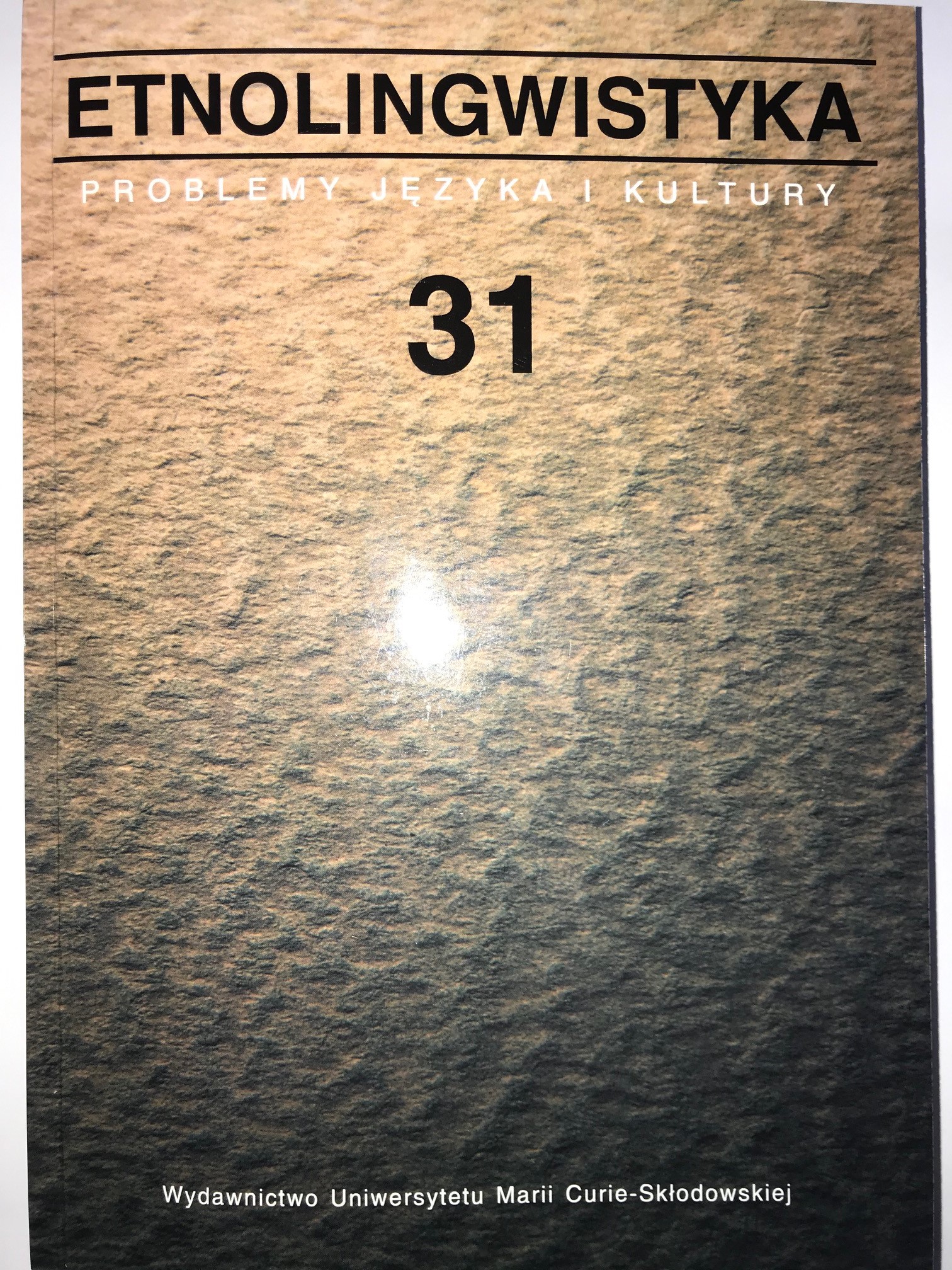Pamięć historii w stereotypach etnicznych (na przykładach Tatara, Kozaka, Szweda i Turka)
Historical memory in ethnic stereotypes. Tartars, Cossacks, Swedes, and Turks
Author(s): Monika ŁaszkiewiczSubject(s): Language and Literature Studies, Cognitive linguistics
Published by: Wydawnictwo Naukowe Uniwersytetu Marii Curie-Sklodowskiej
Keywords: memory; history; ethnic stereotypes; invaders; folklore; cognitive definition
Summary/Abstract: The study proposes an analysis of selected ethnic stereotypes (of Tartars, Cossacks, Swedes, and Turks) couched within the framework of Jerzy Bartmiński’s cognitive definition. The analysis is based on data from dictionaries of standard and dialectal Polish, texts of folklore and records of beliefs. A reconstruction of images of foreign invaders makes it possible to capture and verify the parameters of memory identified by Wojciech Chlebda. The holder of memory, in the light of the data analysed, is the guardian of Polish history, a Catholic Pole who trusts in the protection of Virgin Mary and relates the events from a distance (but with a considerable degree of engagement and sympathy). The content of memory are the relations between Poles and other nations. It is characterised by, among others, a-historicity, simplification, fantasising, sporadic reference to facts, people, and places. History functions as the background for presenting the canon of one’s values and assessment of events. The aim and function of memory is also discussed: accounts of invasions facilitated integration, helped identify “us” and “them”, or develop attitudes towards the invaders.
Journal: Etnolingwistyka. Problemy Języka I Kultury
- Issue Year: 31/2019
- Issue No: 31
- Page Range: 237-255
- Page Count: 19
- Language: Polish

